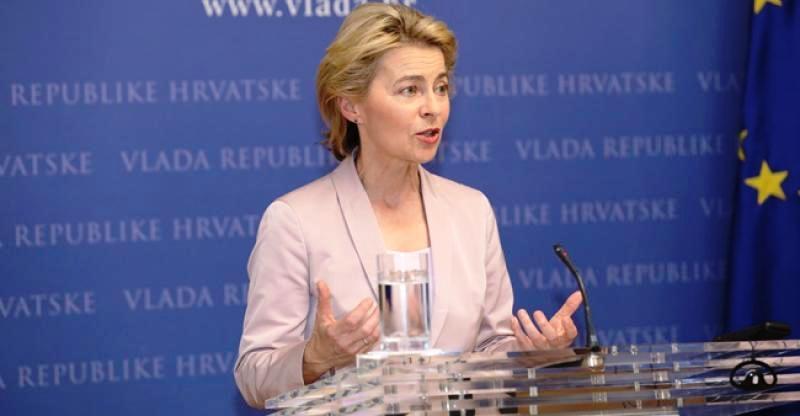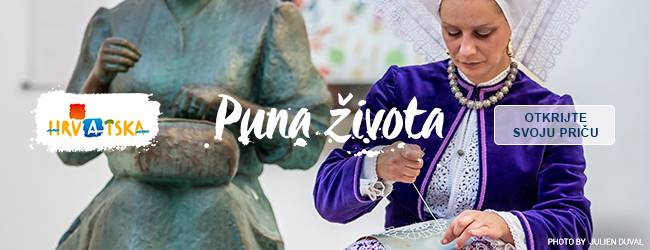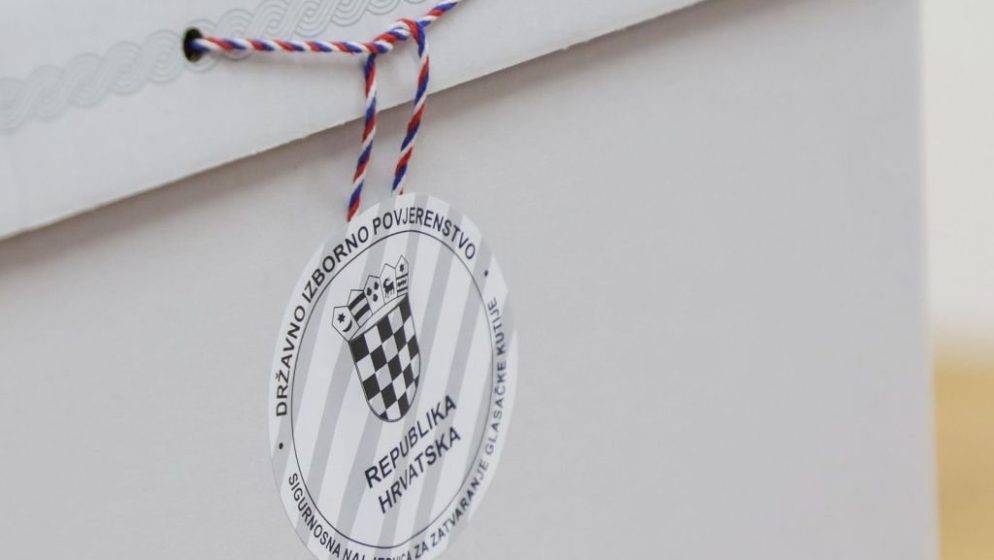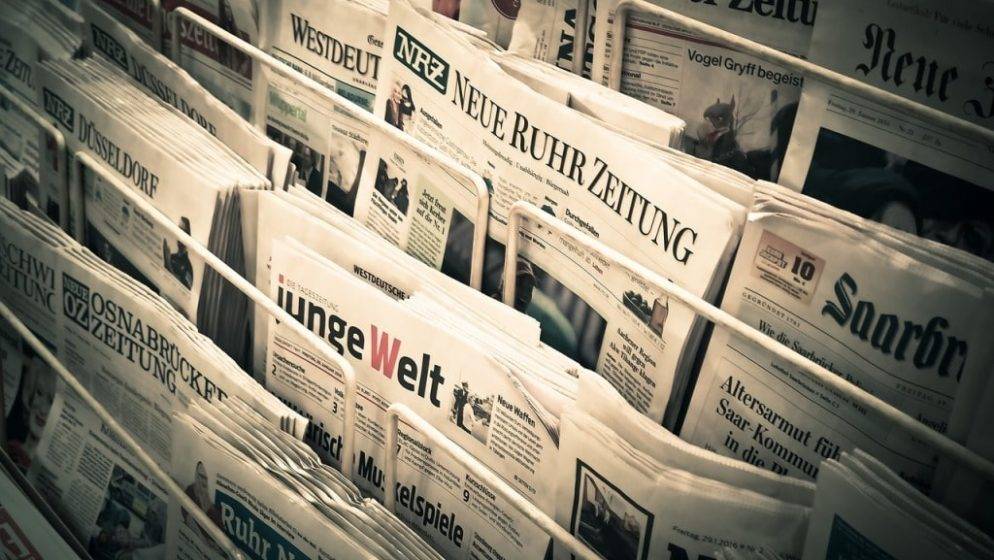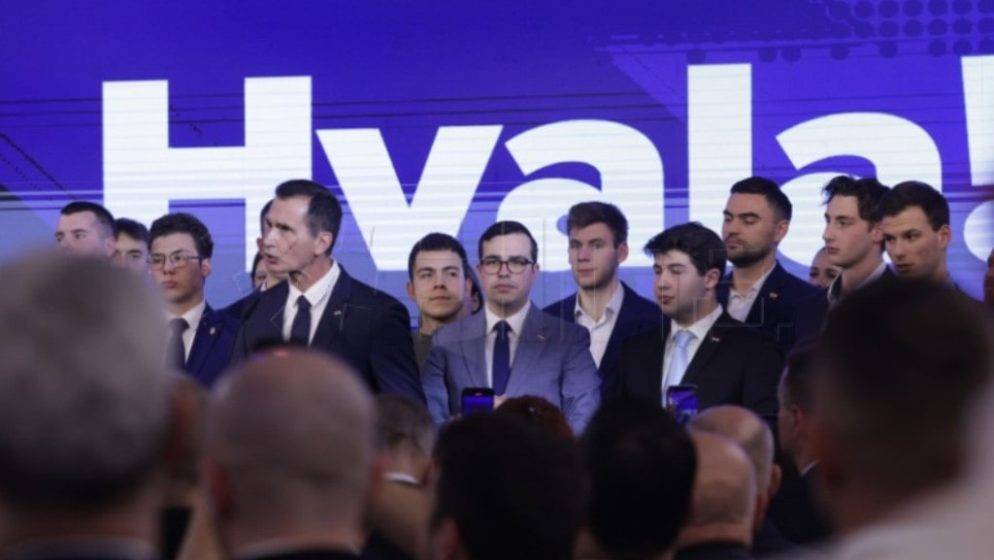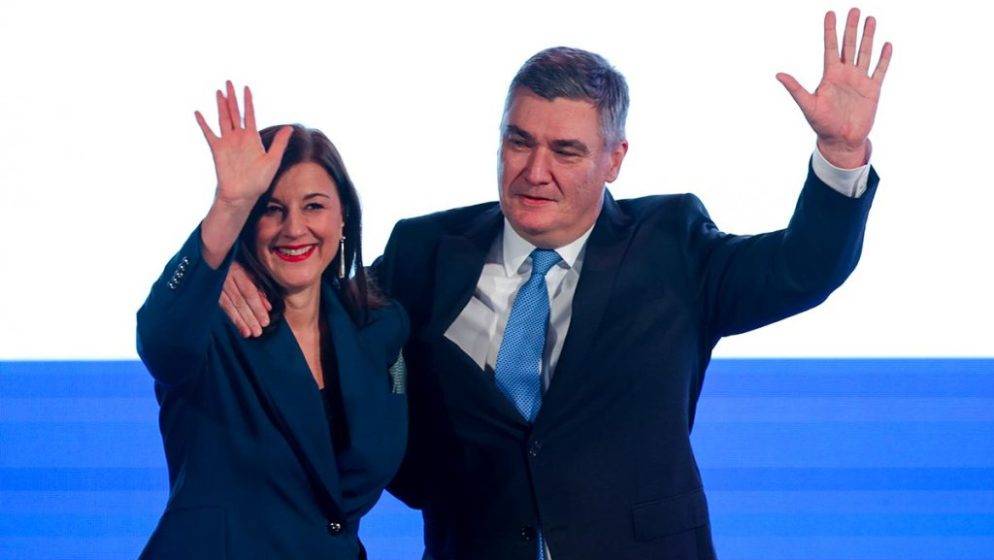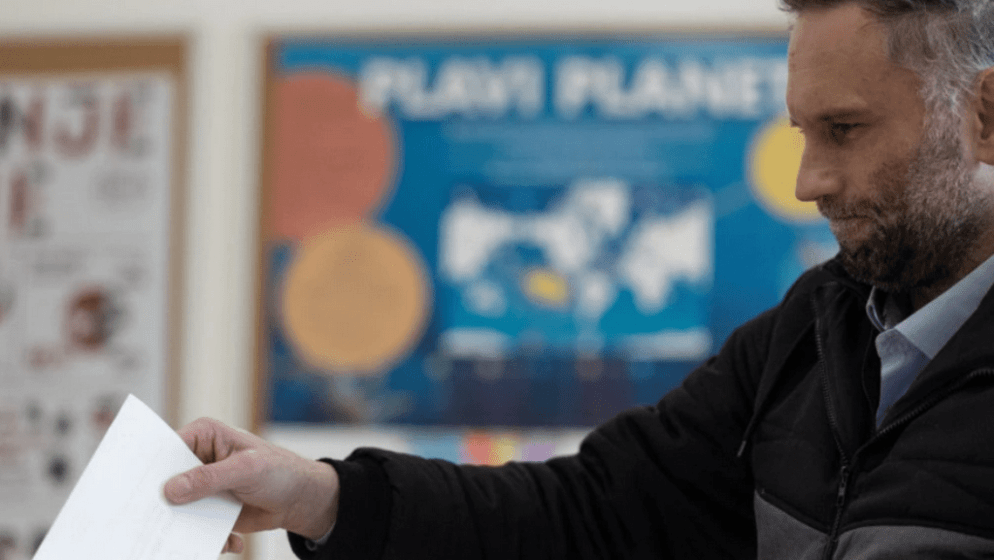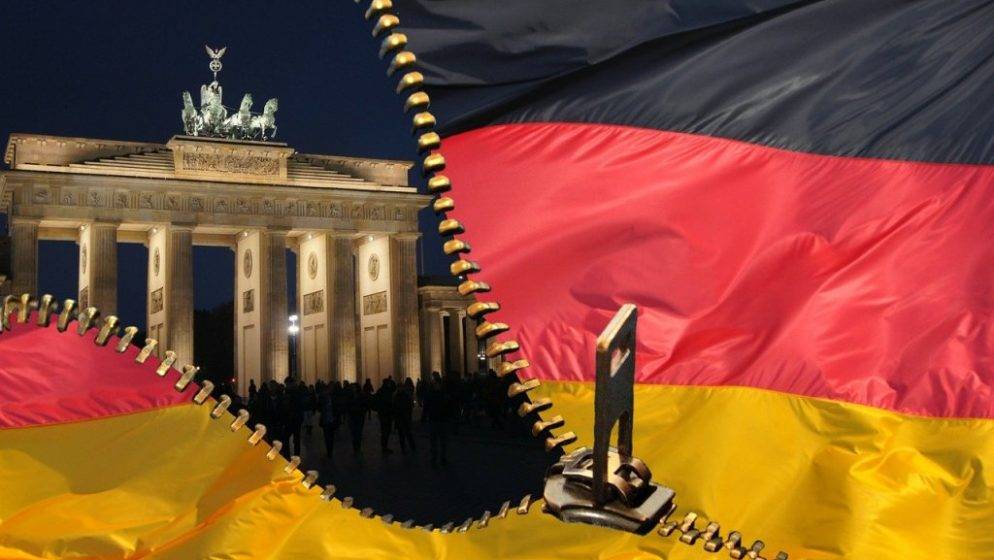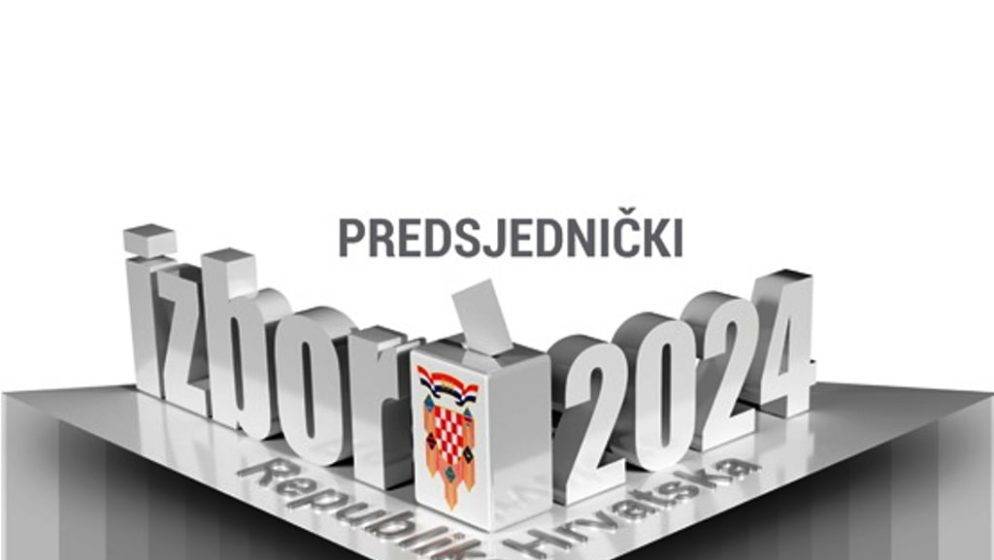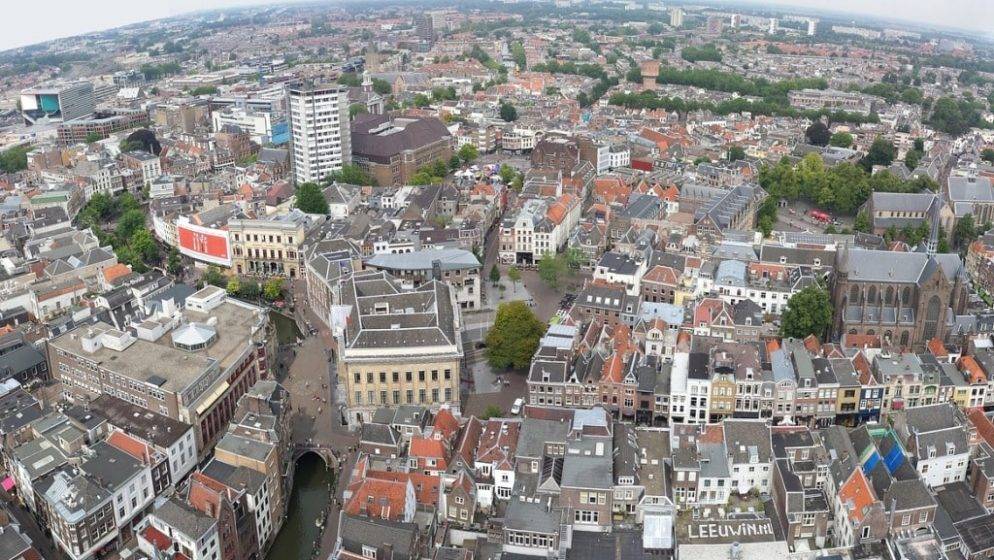Author: Ina Vukic (Sydney)
If being ‘a success story of the European Union and a role model for other countries attempting to get EU membership,’ as the newly elected president of the European Commission said this week about Croatia, is an assessment reached through weighing an EU member country’s efforts to suck up to EU needs rather than needs of the same country’s people, then, yeah, with alternating Social Democratic Party (SDP) and Croatian Democratic Union (HDZ) led governments since 2013 Croatia has been an EU lapdog above all else.
Had von der Leven taken the effort to look at the widespread despair and political quagmire within Croatia itself that is seeing multitudes leaving their homes for other countries in search for work and a decent living then her appraisal of Croatia for Croatians would not include the words ‘role model’. But then again, she is about EU ‘political corporation’ interests and not about the interests of individual nations making up the EU.
Given the past SDP/HDZ governments’ track record since Croatia joined the EU, unless the players making up the next government (2020 general elections) change, Croatia could become even more of a public acolyte (a lapdog, a disciple…) for all things EU. In reality, most countries that supported Croatia’s inclusion in EU would have known that, in all likelihood and if not actively resisted, Croatia would remain lock step with the liberal political route largely paved with Soros funds, and so its membership was a way of extending EU influence into Eastern Europe where Russia’s political and practical backers maintain a constant air of communist nostalgia, resistance to true and full democratic change.
Had, during the expected democratisation period after 1991, mainstream journalism evolved throughout Croatia toward an independent and aggressive style, more attuned with the role of the free press as a fundamental tool with the checks and balance necessary for a working democracy, then Croatia would have been a different environment to what it is today. It would have rid itself of most individuals in positions of power who held such position in communist Yugoslavia and that in itself would have been the main part of the formula through which corruption and nepotism, especially, are eradicated to, at least, a degree that does not negatively affect the livelihood of workers, of ordinary citizens.
With significantly eroded living standards, alarming emigration increase and pronounced economic development slouch coupled with large-scale corruption scandals, it is now more than clear that a small power such as Croatia should have never thought it could depend on building up brownie points for the benefit of its own people with superpowers (EU), as EU movers and shakers, by their nature and purpose, pursue their own interests without let or heed to so-called loyalties to lesser states. Similarly, the dangers of continuing to be seen as an EU puppet and how this is inimical to Croatian interests within its own borders emerge as issues that must seriously be visited, particularly given the widespread fear among Croatian people that unless the backbone of political tides is changed, and Croatian politics turned inward more than outward, Croatia as a nation will disappear even in our own lifetime.
The lapdog to EU mentality becomes even more distressing when one looks at top-level, palpably autocratic decisions in Croatia to introduce the Euro, rid Croatia of its own currency Kuna despite the fact that opposition to this move is rather widespread among the Croatian people.
Given this, we can only hope the future government of Croatia will have something far more intelligent and more in Croatia’s long-term interests in mind. So far, membership in EU has, for Croatia, seen a perpetual politically-pitched promise of EU money that will change for the better everyone’s life and yet a widespread capacity to draw on those funds from Croatia has been kept at the lowest possible level. The road to EU funds grant applications remains a mystery and a closed alley for most individuals in Croatia; little if any public education has occurred. If we exclude the concept of being a lapdog from positive people-oriented politics, little, if any, assertiveness of Croatian interests has been witnessed in the EU corridors of power except individual politicians’ evident ambition to gain a position within the EU ‘corporation’ power machine.
The lapdog mentality in aligning Croatia’s legislation with that of the EU has further eroded Croatia’s independence from communist Yugoslavia and Croatia’s absolute need to fully address the impact on itself of 1990’s Serb aggression. This alignment has meant that minority rights have developed not as rights within a majority setting, but as rights that are equal to majority rights. And so, one gets the soul-destructive outcome where Serb minority in Croatia (largely made up of individuals who were actively or politically associated with the 1990’s aggression against Croatia) are joined in holding the rudder of Croatian life. But then, this suits the EU as its eye of future expansion is cast on Serbia!
Politics is the art of the possible and this was clearly demonstrated through activism of left-oriented individual politicians in Croatia who pushed for EU membership to that degree where relative minority of voter turnout at referendum could carry the referendum forward! And so, Croatia’s membership in the EU may at this stage be its only short-term option.
But what about the future?
What happens when EU interests directly conflict with those of the Croatian people? The fact that they already do is palpable and the fact that they interfere or stifle the needed progress towards decommunisation (democratisation) of Croatia’s public services and administration, including legislation, has spread into a nationwide concern over the lack in meeting the needs and interests of Croatian people and their personal living standard. Do Croats, by staying lapdogs to EU, really want to be drawn into a regional conflict brewing as illegal migrants and asylum seekers clutter the borders and compromise national security upon which citizens depend for their personal safety as well as for the safety of national existence? And what of Croatia’s future economic prosperity?
Will Croatia continue to allow EU-defined free trade agreements to be rammed down its throats at the cost of local jobs, local business enterprises growth and their viability in the face of EU quotas and standards? These are all serious questions which must be addressed with long term thinking.
Unfortunately, Croatia’s elitist political class seem to have their fingers in the till (as they did during the times of communist Yugoslavia) or their heads in the sand, or both. Croatia talks of a saving potential ingrained in its diaspora or Croats living outside Croatia, yet the governments in Croatia have done their utmost to stifle adjustment of Croatia’s legislation to that potential.
Croatian politicians talk of being nimble yet do the utmost to stifle innovation in building a fully functional democracy well rid of former communist mentality and its destructive approach to creating opportunities for individual growth and expression in all walks of life.
Instead of putting the welfare of its citizens first, Croatian corridors of power pander to EU interests and its rapacious greed for control and compliance to its own standards that have no regard for individual national identity and needs. Risk averse and too short sighted to see the car crash ahead of Croats, Croatian governments remain as ever the obedient servants of the EU.
And yet, modern Croatia is founded on taking risks: risking human life for the glory of independence and democracy! What has gone wrong?
Datum objave: 05.08.2019.


